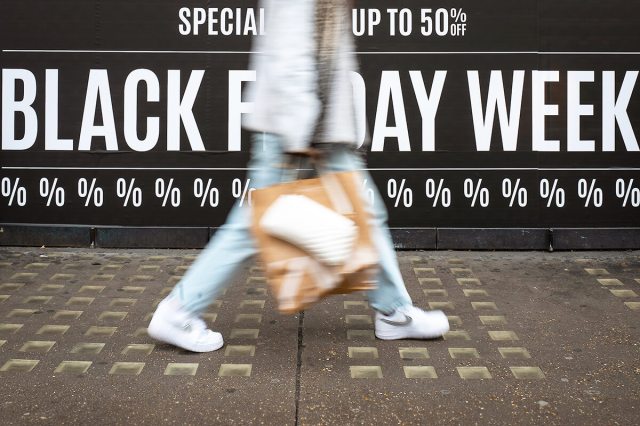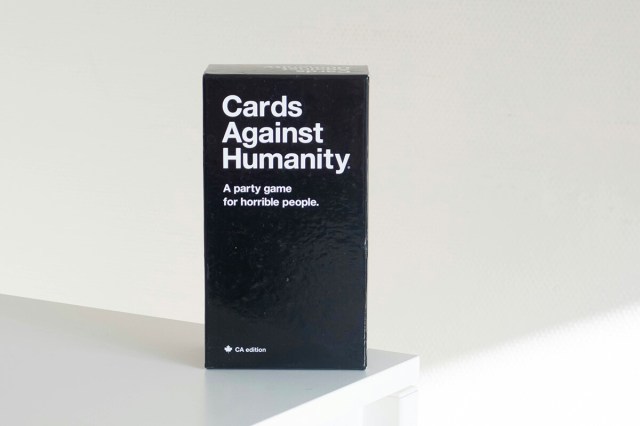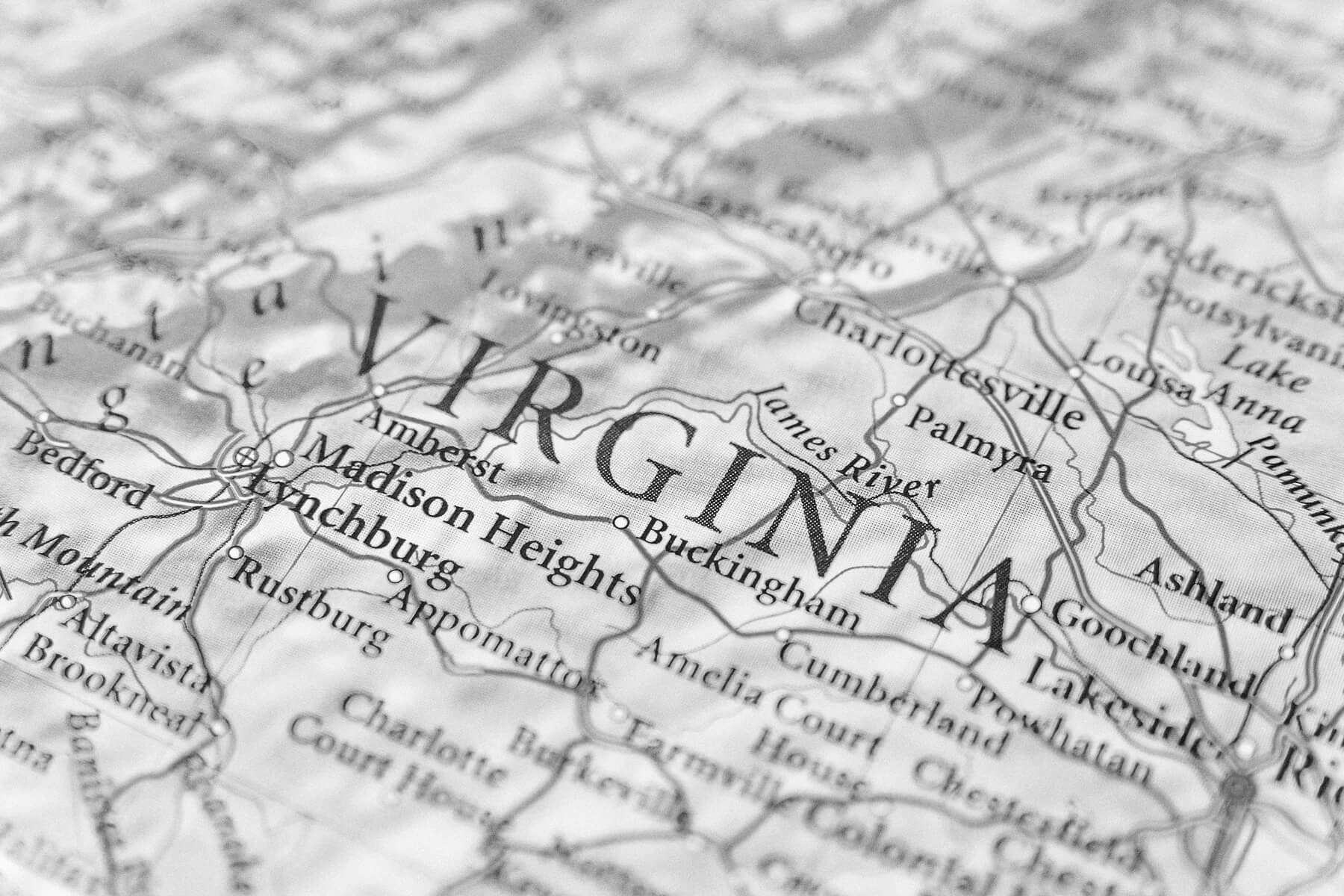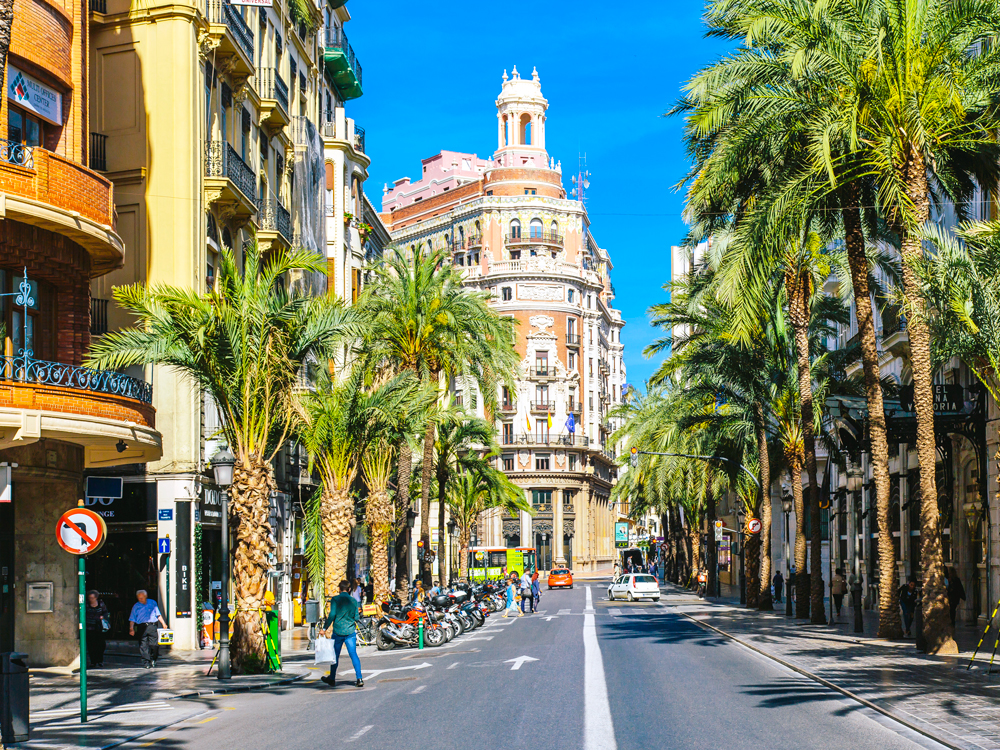
The Modern Term “Black Friday” Originated in Philadelphia
For many years, the phrase “Black Friday” was used to describe ominous or unfortunate events. According to the Oxford English Dictionary, the earliest written use of the term dates back to 1610, when it was used to describe any Friday on which a school exam was given. In 1869, “Black Friday” was the name given to the financial crisis that occurred following the crash of the U.S. gold market.
Then in 1951, the phrase was first used in connection to Thanksgiving, though in a different context than we use it today. Factory Management and Maintenance magazine published a piece discussing how the Friday after Thanksgiving was a “Black Friday” due to the sheer number of workers who called in “sick.” As the publication noted, “‘Friday-after-Thanksgiving-itis’ is a disease second only to the bubonic plague … When you decide you want to sweeten up the holiday kitty, pick Black Friday.”
Finally in the 1960s, the term began to be used to express frustration over the hectic shopping period that followed Thanksgiving. It was a particularly common term in Philadelphia, where, according to a 1961 article in the Public Relations News, “it became customary for officers to refer to the post-Thanksgiving days as Black Friday and Black Saturday” due to the large crowds that came into the city to shop — and also the extended shifts that cops worked as a result.
According to The New York Times, by 1975 bus drivers began using the same terminology, as they were forced to deal with the headache of increased vehicular and pedestrian traffic. It was only in the 1980s that “Black Friday” was first used in a commercial sense, as retailers noted that the increased shopping took them out of the red (debt) and into the black (profit).

Black Friday Is Observed Across Six Continents
With Antarctica being the obvious exception, the concept of Black Friday as a shopping holiday has spread to six continents around the world, even in countries that don’t celebrate Thanksgiving. International retailers that have been influenced by their American counterparts have started offering substantial sales of their own. This global expansion is a relatively recent phenomenon according to Forbes magazine, which notes that the retail event made its way to Canada in 2008, to the United Kingdom in 2010, and to Oceania around 2013.
Some African countries, including Egypt and Nigeria, have celebrated the event since 2014. That said, many Arab nations steer clear of the exact phrase “Black Friday” due to local religious customs, instead referring to it using other colors, such as “White Friday” or “Green Friday.” In India, October and November have long been popular shopping months due to local seasonal holidays including Diwali. But companies throughout India have recently specifically embraced Black Friday in an effort to drive up sales even more.
In Europe, Black Friday is particularly popular in Germany, which has seen sales on that day expand significantly in recent years. In fact, according to the aforementioned Forbes article, Germany and Brazil together account for 13% of worldwide internet searches on Black Friday, despite the fact those two nations combined only account for ~3.5% of the total world population. Speaking of Brazil, it’s celebrated Black Friday since 2010 — however, locals are so wary of seasonal scams that it’s earned the nickname “black fraude,” meaning “black fraud.”

Cyber Monday Has Surpassed Black Friday in Revenue
For the majority of the 1980s, ’90s, and early 2000s, Black Friday had little competition in terms of revenue generated in a single day. But in 2005, a new shopping holiday called Cyber Monday debuted. This day, referring to the Monday after Thanksgiving, offered up the biggest online sales of the year and proved to be an immediate success, surpassing the billion-dollar mark within five years. In 2019, Cyber Monday overtook Black Friday in terms of total revenue, a trend that’s continued every year since. In 2019, Cyber Monday sales hit a total of $9.4 billion — the peak hour for shopping was 11 p.m. to midnight, when consumers spent $11 million per minute on average — surpassing Black Friday’s total revenue that year of $7.4 billion.
This isn’t to say Black Friday has lost its popularity, as total sales that day continue to rise, but many retailers have nonetheless pivoted much of their efforts to online shopping. Forbes notes that shoppers spent $9.8 billion online on Black Friday in 2023 — a 7.5% increase from the year prior. In total, the whole Cyber Week period (Thanksgiving through Cyber Monday) generated an estimated $37 billion from 134.2 million online shoppers that year. On the other side, physical traffic was also up 2.1% (which equates to roughly 76.2 million people), proving some customers still prefer in-person brick-and-mortar options.
More Interesting Reads

A Party Game Company Made More Than $70,000 Selling Nothing
Cards Against Humanity is a popular adult party game that many compare to the more family-friendly game Apples to Apples. In addition to its namesake product, the game design company prides itself on selling something more unusual every year to satirize the consumerism associated with Black Friday. One of the most popular past examples came in 2014, when the company sold literal boxes of poop (pasteurized bull feces, to be exact) to 30,000 shoppers, generating $180,000 in total. It also received $100,573 in 2016 to help it dig a big pointless hole, which it called the “Holiday Hole,” outside of Oregon, Illinois.
But of all the company’s annual pranks, the one from 2015 arguably best exemplifies the its stance on the superficial nature of Black Friday. That year, the company sold nothing — and we mean absolutely nothing — for $5 apiece. Throughout the day, the only available option on the Cards Against Humanity online store was for customers to input their credit card info and click a button, which immediately charged them $5. Despite receiving jack squat in return, shoppers happily participated in this satirical stunt, resulting in $71,145 of total revenue.

Black Friday Is Also the Busiest Day of the Year for Plumbers
Black Friday is known for providing a huge boon to businesses, and that includes the plumbing industry. The day after those hearty Thanksgiving meals, panicked homeowners often find themselves calling their local plumbers in need of assistance. According to Snopes, Black Friday — or “Brown Friday” as it’s been punnily dubbed — sees an estimated 50% increase in calls to plumbers compared to an average day. But this increase actually has little to do with people using the bathroom (though there are certainly a few instances of that) and much more to do with all the food and grease that gets improperly disposed of down the drain.
During cooking and cleanup, people are likely to haphazardly dispose of food scraps, resulting in dense clogs that can’t be easily removed. The nationwide plumbing company Roto-Rooter confirmed it sees an estimated 50% increase in calls on Black Friday, mainly concerning all the grease that’s poured down various drains solidifying and causing clogs.












